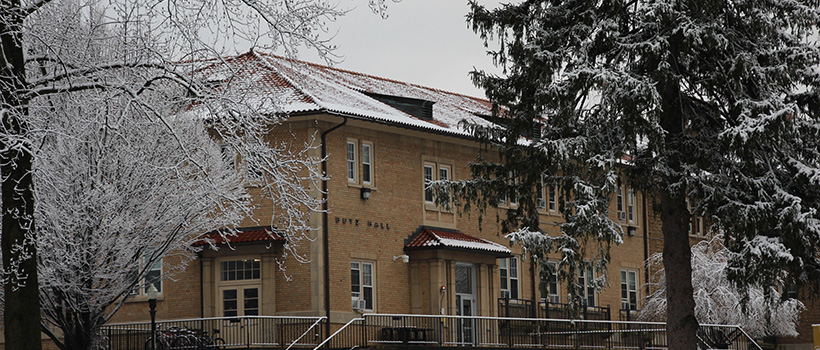
While fighting hunger is top of mind during the holidays, food insecurity is a widespread issue no matter the season.
In support of Cedar Crest College’s efforts to reduce student hunger, the College will receive a $20,000 PA Hunger-Free Campus Grant — part of $1 million in Hunger-Free Campus Grants awarded to 28 colleges and universities across the Commonwealth. In fall 2022, the Pennsylvania Department of Education designated Cedar Crest a Hunger-Free Campus.
“With more than a third of students knowing someone who dropped out of college due to food insecurity during the pandemic, hunger affects far too many post-secondary students across the nation,” said Former Governor Tom Wolf in a press release.
“The PA Hunger-Free Campus designation and grant program gives Pennsylvania’s colleges and universities the tools they need to combat hunger on their campuses and provide students with access to healthy food so they can stay focused, learn, and grow.”
Cedar Crest has implemented a number of services and programs to reduce student hunger and better meet students’ basic needs. Available to all enrolled students, the college’s Resource Pantry offers shelf-stable and frozen foods as well as personal care items. Students may access the pantry anonymously 24/7, every day of the year.
“Cedar Crest has been working for many years to address our students’ basic needs, and I am grateful to the former governor and first lady for recognizing this work. Cedar Crest College was founded to expand access to higher education, and our ongoing commitment to this mission is reflected in our efforts to reduce hunger, housing insecurity, and instability in other areas of basic needs among our students,” said Calley Stevens Taylor, Ph.D., Vice President for Student Success and Engagement and Dean of Students.
Cedar Crest also seeks to reduce hunger by holding food drives for students throughout the year, sponsoring Thanksgiving meal baskets for adult and graduate students, supplying frozen meals for students who reside on campus during Winter Break, and providing additional meal swipes for those who run out of swipes on their meal plan. Many of these efforts are coordinated by the College’s Closing the Gap committee, which continually seeks to identify new ways to support students’ basic needs.
“In addition to using this recognition to bring additional resources to Cedar Crest, we hope that it brings awareness to the needs of college students everywhere, and increased support for strategies to stabilize students’ basic needs on college campuses and in their communities,” adds Stevens-Taylor.